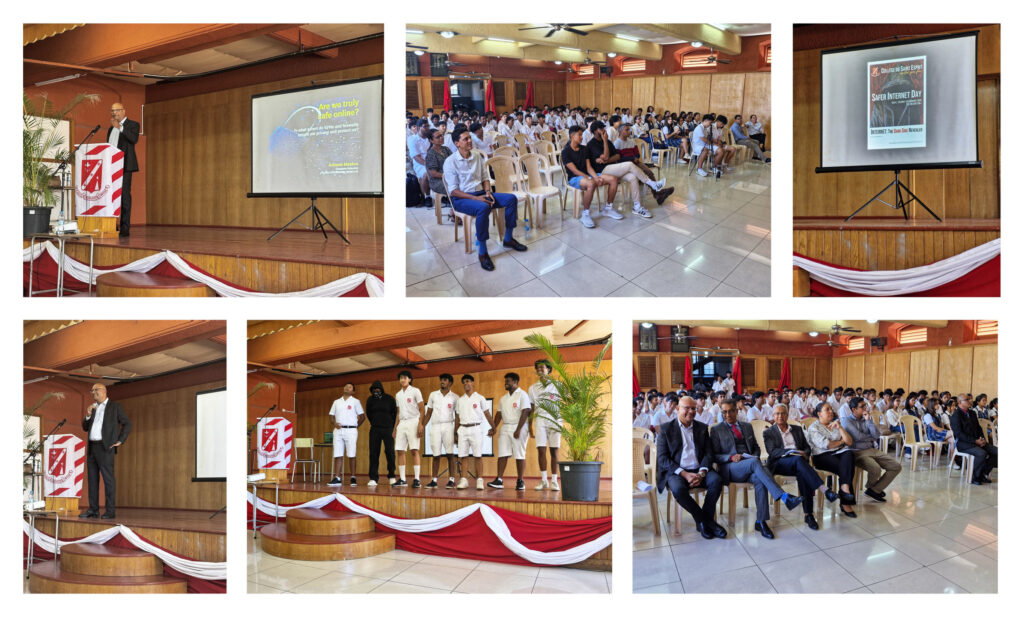Le jeudi 13 mars 2025, pendant les informations de 7h00 de Radio Plus, j’ai expliqué que les technologies, telles que l’Intelligence Artificielle ou la Fintech, venant de l’Inde peuvent être bénéfiques pour Maurice à condition de vraiment les utiliser pour trouver des solutions aux problèmes auxquels le pays fait face.
Ces technologies peuvent nous permettre de ne pas avoir à reinventer la roue et, ainsi, plus rapidement arriver à améliorer la vie de nos citoyens.
Si nous sommes stratégiques, ces aides de l’Inde peuvent nous aider à passer à une étape supérieure dans notre développement.

